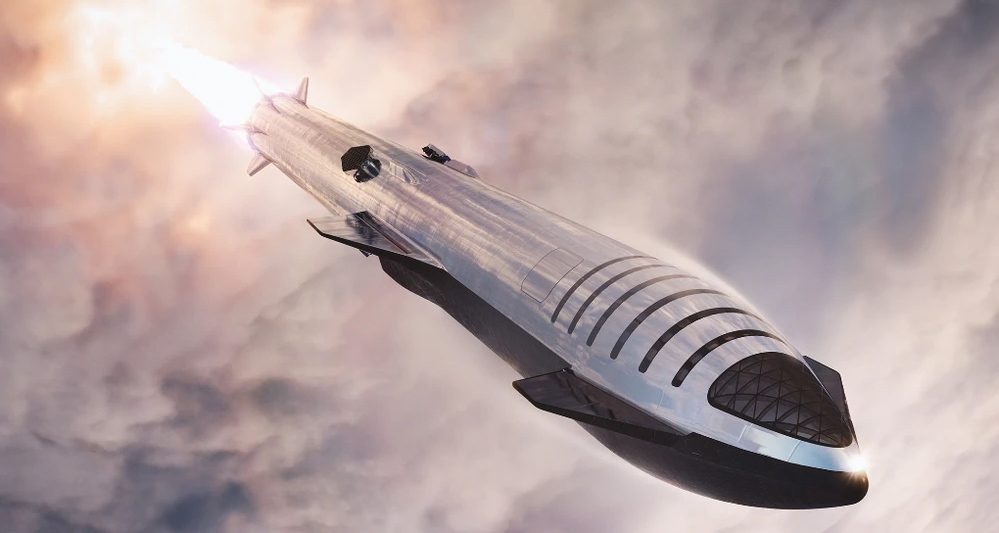
While we are opening our preliminary discussion for the 3rd SRI World Congress, a number of questions and concerns are being expressed by the main space columnists, about what could be the philosophic setup of the space policy defined by the new US Administration, should it be confirmed the next December 14th.Though Joe Biden didn’t yet say very much about space policy, the most accredited plans foresee cuts to the budget of NASA’s manned space flight programs, in order to give more fuel to the observation of Earth, climate change, and environmental issues.
We are not against raising the budget to Earth observation programs, which are much needed in the current climatic and environmental situation. Besides Earth observation, space agencies should also begin considering the use of space technologies to mitigate the effects of the climate change and the environmental issues, i.e. active space strategies targeted to control the Earth climate.
However, the most important point to be duly focused is that the same priority granted to environmental space programs should be given to bootstrapping the geo-lunar space region settlement and industrialization. Space development is the primary strategy against the awful multi-crisis that is striking our globalized civilization: pandemics, economic, climatic-environmental, resource conflicts, migrations, unemployment.
Opening the space frontier to commercial and industrial enterprises can relaunch Planet Earth’s economy at unprecedented pace. In perspective, when space citizenship growth will exceed the earthling citizenship, Planet Earth’s environment will begin to be relieved from the burden of our industrial development.
The above in the obvious acknowledgement that civilization cannot grow up further in peace, freedom and democracy without a relaunched sustainable industrial growth. And the only sustainable development, for an 8 billion members civilization, is in the outer space.
Therefore, if the US new Administration feels to raise the budget of NASA’s environmental programs we understand it, and we could even support this programmatic address, provided that the manned space flight programs will not be depowered.
In fact, environmental programs, including not only observation but active actions as well, can be developed at a larger scale only if geo-lunar space industrialization is promoted, reducing launch costs and allowing the use of lunar and asteroid resources.
As to the Moon program, it was however quite difficult to match the goal of 2024, despite any financial effort. Whatever is the new deadline, this goal should be pursued through the same method used with great success to bring cargo and now crew to the ISS: a commercial program, allowing to exploit the reduced cost of the new reusable technologies, mainly provided so far by Space X, but in a near future available with other companies as well renouncing to the development of expensive solutions that are already obsolete by now.
For sure the savings could be devoted to Earth observation and to solar system exploration but also, and we would say above all, to other urgent programs, e.g., just a few hints:
- To accelerate the development of passenger space transportation vehicles, safe, comfortable and low cost, suitable for carrying all those who would go to space for work or tourism, and not only professional astronauts.
- To develop a new space station endowed by artificial gravity, maybe in an Earth-Moon system Lagrange point: a project that would greatly contribute to the lunar program sustainability, providing a new accommodation for the pioneers that will explore and work on the Moon, avoiding the damages to human health caused by low gravity.
- To accelerate the experimentation of technologies to protect human life and health from the cosmic radiations.
- To develop a Solar Power orbiting plant, to start experimenting the beaming of energy wherever it is needed.
- To accelerate the experimentation of exo-agriculture techniques, to assure green environments on the Moon and space habitats.
We don’t know whether Joe Biden’s advisors are considering the above programmatic items. However this is what we think to be most urgent: to bootstrap the development of a true outer space economy, starting from the Earth-Moon system.
|
2021 Space Renaissance – “The Civilian Space Development” 3rd SRI World Congress We kicked-off the Pre-Congress period, towards the SRI 3rd World Congress “The Civilian Space Development” Congress, the conclusive events to take place June 26th – 28th 2021. Submit an abstract to the Call for Papers Join the 2021 Space Renaissance Webinar Series: Space Safety December 13th 2020
Visit the Space Renaissance websites: https://spacerenaissance.space/ https://academy.spacerenaissance.space/ https://spacerenaissance.com/ https://2021.spacerenaissance.space/ #2021spacerenaissance #spacerenaissance #civilianspaceprotocol |









 Space Renaissance France (French Chapter of SRI)
Space Renaissance France (French Chapter of SRI)  Space Renaissance USA, Inc. (USA Chapter of SRI)
Space Renaissance USA, Inc. (USA Chapter of SRI) Space Renaissance (Italian Chapter of SRI)
Space Renaissance (Italian Chapter of SRI) Space Renaissance Academy
Space Renaissance Academy Space Renaissance Initiative Group
Space Renaissance Initiative Group